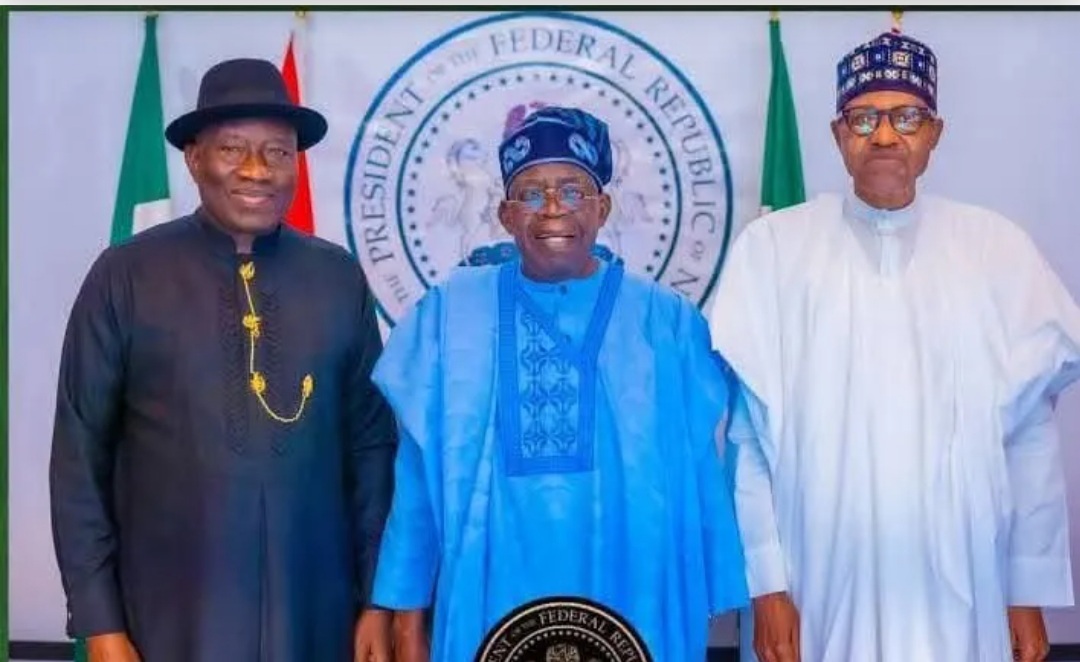The Federal Government has earmarked ₦27 billion for the benefits and entitlements of former presidents, vice presidents, heads of state, retired chiefs of staff, heads of service, and professors in the 2025 fiscal year.
Among the notable beneficiaries are former Presidents Olusegun Obasanjo, Goodluck Jonathan, and Muhammadu Buhari, alongside ex-vice presidents Atiku Abubakar, Namadi Sambo, and Prof. Yemi Osinbajo. Also included are retired military leaders like Gen. Yakubu Gowon, Gen. Abdulsalami Abubakar, and former military President Ibrahim Babangida, as well as retired Chief of General Staff, Commodore Ebitu Ukiwe.
President Bola Tinubu unveiled the ₦49.70 trillion 2025 budget, tagged ‘Budget of Restoration: Securing Peace, Rebuilding Prosperity,’ to the National Assembly on Wednesday. The budget emphasizes defence, infrastructure, and human capital development, while projecting a ₦13.39 trillion deficit to be funded through borrowing.
Breakdown of Allocations for Former Leaders and Retirees
₦2.3 billion for former presidents, vice presidents, and heads of state.
₦10.5 billion for retired heads of service and permanent secretaries.
₦13.5 billion for retired professors.
₦1 billion for retired heads of government agencies and parastatals.
In total, these allocations sum up to ₦27 billion for 2025.
Pensions and Gratuities
The budget also includes ₦1.4 trillion for pensions, gratuities, and retirees’ benefits:
₦46 billion for civilian pensions.
₦383.9 billion for military pensions and gratuities.
₦66.8 billion for expected retirees.
₦434 million for administrative charges.
₦596 million for pension running costs.
₦870 million for medical retirees.
Social Investment Programs
A significant portion of the budget has been set aside for social initiatives, including ₦500 billion for programs such as the student loan scheme, National Poverty Reduction with Growth Strategy, National Home Grown School Feeding Programme, and Consumer Credit Fund. Notably, ₦50 billion is designated specifically for the student loan scheme.
This comprehensive fiscal plan underlines the government’s commitment to addressing welfare and development while managing significant financial challenges.






